Poland has significantly strengthened its military capabilities, emerging as a leading defense power in Europe. As of January 2025, Poland’s armed forces rank third in NATO, following the united states and Turkey, with over 200,000 personnel. This shift in military status comes in response to regional security concerns, particularly following Russia’s annexation of Crimea in 2014.
- Poland's military history as an armed power
- Winged hussars symbolize Poland's military resurgence
- Poland's NATO ranking improved to third
- Armed forces manpower increased to over 200,000
- Defense budget tripled to $35 billion
- Poland's GDP defense spending is leading in Europe
Poland’s military transformation has been remarkable over the past decade. Following the annexation of Crimea, Poland recognized the need to bolster its defense capabilities. The country’s armed forces have doubled in size, now comprising over 200,000 active personnel. This expansion has positioned Poland as a key player in NATO’s defense strategy.
In terms of financial commitment, Poland’s defense budget has tripled in real terms, reaching $35 billion. This expenditure places Poland behind only Britain, France, and Germany in Europe. Key statistics include:
- Poland’s armed forces are now the third largest in NATO.
- The defense budget has increased significantly since 2014.
- Poland allocates a substantial portion of its GDP to defense spending.
This increase in military spending reflects Poland’s strategic priorities and its response to perceived threats in the region. The Polish government has emphasized the importance of modernizing its armed forces and enhancing its capabilities through new technologies and equipment. This commitment to defense is seen as essential for ensuring national security and contributing to NATO’s collective defense efforts.
In summary, Poland’s emergence as a leading defense power is marked by significant growth in military personnel and budget. This transformation highlights the country’s proactive approach to national security amidst evolving geopolitical challenges.



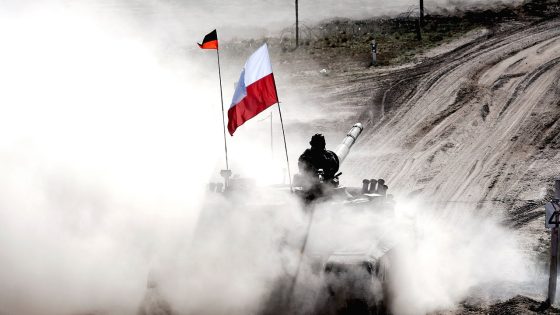

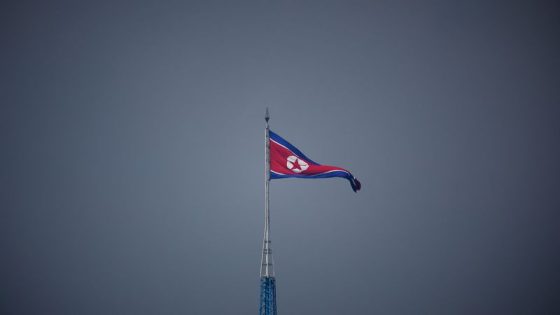
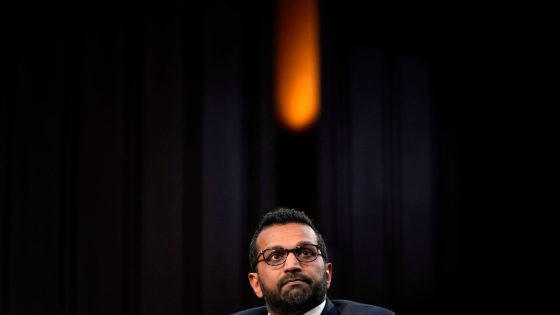



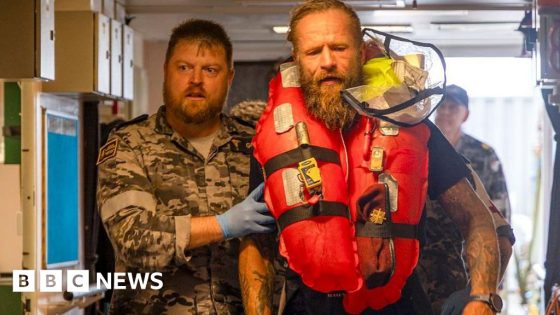
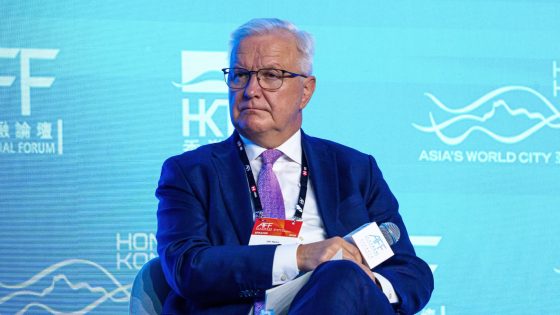
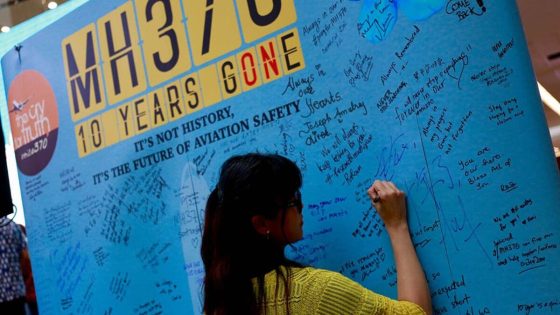
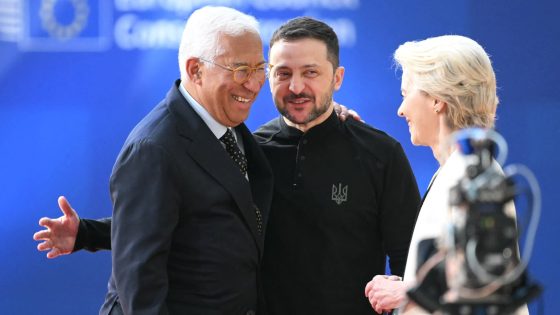



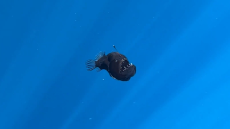
![[BREAKING] Fire erupts on Air Busan Plane at Gimhae Airport; All 176 onboard safely evacuated](https://news.faharas.net/wp-content/uploads/2025/01/Fire-Breaks-Out-on-Air-Busan-Flight-at-Gimhae-Airport-230x129.png)














